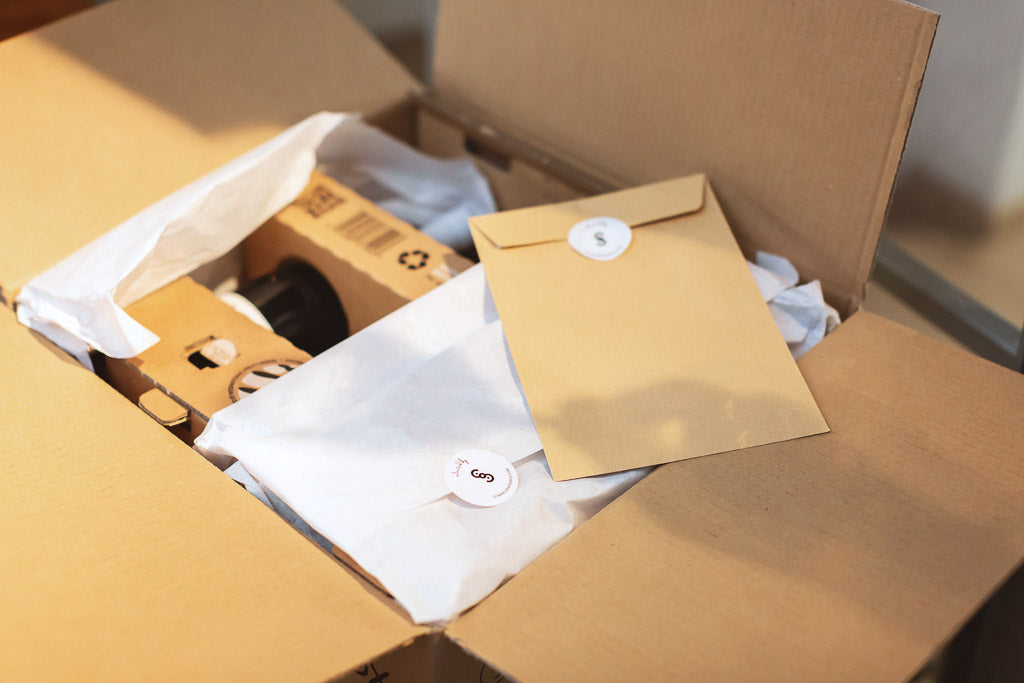Here is the wine news of January 2024 from around the world: read it if you want to always keep up.
ITALY
Towards the end of January, the Barolo Barbaresco Alba Langhe and Dogliani Protection Consortium proposed changing the production rules for Barolo and Barbaresco wines.
The new proposals:
- would limit the bottling area for Barolo and Barbaresco,
- would allow Barolo to be vinified and bottled also in the Barbaresco production area and vice versa,
- they would expand the area in which it is possible to grow Nebbiolo suitable for making Barolo and Barbaresco by eliminating the ban on growing it on the hilly slopes facing north.
- would introduce municipal mentions for the Barbaresco denomination,
- would allow the adoption of large formats (greater than 6 litres).
The proposals divide the producers except the first, and will have to be voted on by collecting signatures, which to pass must concern 66% of the surface area of the vineyards subject to the production declaration and 51% of the production bottled in the last two years.
They can be read in detail here , while the news is resumed here and an excellent summary is available in the Post .
FRANCE
The legendary La Tour d'Argent restaurant in Paris lost wines worth more than 1.5 million euros, including a Romanée Conti, one of the most expensive bottles in the world. The disappearance was discovered during an inventory in the restaurant's cellar, which houses around 300,000 bottles. No evidence of a theft was found. Around 83 bottles, numbered for identification, have been missing since 2020. A police investigation has been opened.
La Tour d'Argent, with almost 450 years of history, is famous for its duck dish and has hosted illustrious people, including Queen Elizabeth II and artists such as Charlie Chaplin and Salvador Dalí, as well as having inspired the film Ratatouille.
Château Margaux , one of the most prestigious producers of Bordeaux wines, has released its second white, Le Château Margaux Blanc vintage 2019, produced mainly from Sauvignon Blanc grapes, with a small percentage of Sémillon grapes. This is the second vintage of white wine produced by the famous Château.
GERMANY
Wine consumption in Germany drops. New data was provided by the German Wine Institute, referring to wine consumption from 1 August 2022 to 31 July 2023. Wine consumption in relation to the total population fell from 23.6 to 22.6 liters per person compared to the same period last year.
In the same period, the per capita consumption of sparkling wine remained constant (3.8 liters per year for those over 16 years old, and therefore can legally consume alcohol).
In addition to wine purchases from retailers and producers, the wine consumption balance also shows the quantities of wine consumed outside the home. According to DWI Director General Monika Reule, the current decline reflects both changes in consumer behavior and demographic change in Germany.
US
Southern Glazer's Wine & Spirits, the largest alcohol distributor in the United States, announced plans to stop the sale and distribution of alcohol in supermarkets, including grocery stores and chain stores. The move is influenced by new laws in the state of California that allow supermarkets to sell alcohol without the need for intermediary distributors. Southern Glazer's decision to close this segment of its business has sparked mixed reactions, with some criticism from craft wine producers and the alcohol industry who see the move as an obstacle to distributing products from smaller players.
Esther Mobley reflects on it.
OREGON
The state of Oregon funded a study whose findings suggest that increasing taxes on alcoholic beverages would have a limited impact on curbing excessive alcohol consumption. However, Oregon would have decided not to give visibility to this study's research.
CANADA
Very worrying news has come out , if confirmed: almost 25% of the wineries in the Okanagan region of Canada are currently for sale.
ONTARIO
Ontario Prime Minister Doug Ford announced that by 2026, Ontarians will be able to purchase beer, wine, cider and cocktails in grocery stores. This decision makes Ontario the second province, after Quebec, to allow the sale of beer in grocery stores and the first to allow the sale of ready-to-drink cocktails in such establishments. This is due to the end of the agreement with "Beer Store", scheduled for 2025, which limits the sale of beer and wine in some stores will end in 2025.
ARGENTINA
There is concern from Argentine wine companies regarding the application of duties on exports. The Argentine government, in fact, introduced an 8% duty on exports, arousing criticism from professionals who fear damage to the country's wine industry, negatively influencing exports and the entire Argentine wine sector.
VATICAN CITY
The participants in the Vinitaly conference on "The economy of Francis and the world of Italian wine" were received in audience by Pope Bergoglio in the Vatican on Monday 22 January. In his speech, the Pope recalled that the wine sector is a significant reality for the numbers it moves, but also for the quality of production.
Some of the pontiff's statements immediately became memes, including "wine is a gift from God".
The foreign press also covered it.
BONUSES
Archaeological discoveries
Archaeologists in Greece have discovered a 1,600-year-old wine shop that was destroyed and abandoned following a "sudden event", possibly an earthquake or building collapse, leaving broken vases and 60 coins scattered on the floor, according to a new research.
The shop operated at a time when the Roman Empire controlled the region. It was found in the ancient city of Sikyon (or Sicyon), located on the northern coast of the Peloponnese in southern Greece. Inside the wine shop, archaeologists found scattered coins, as well as remains of marble tables and bronze, glass and ceramic vessels.
The wine shop was identified in the northern part of a complex that included a series of laboratories with ovens and structures used to press grapes or olives, as indicated in an article presented at the annual meeting of the American Archaeological Institute, held from 4 to January 7 in Chicago.
For further information read here .

The wine of the Romans
The results of the studies by Dimitri Van Limbergen (Ghent University) and Paulina Komar (University of Warsaw) on the taste of ancient Roman wine have been published.
Based on archaeological discoveries, it appears to have had spicy flavors. Archaeologists, analyzing residues of ancient wine amphorae, have revealed information on Roman wine production. The researchers identified traces of pine resin and smoke, suggesting that the Romans may have flavored wine with pine resin and that the amphorae may have been exposed to smoke during storage. This offers a perspective on the production practices and taste preferences of Roman consumers when it comes to wine.
The study was published here . You can also read about it here .
Wine Scholar Guild
The Wine Scholar Guild has named its first CEO, Rick Fisher, who has extensive experience in the wine industry and is charged with leading the organization in its mission to provide high-quality wine education.
We are talking about the main provider of study programs and specialized certifications in the wine sector at an international level.
Uber
Uber has decided to shut down Drizly, an alcohol delivery service it bought three years ago for $1.1 billion.
Management said that after three years of operating Drizly independently within the Uber family, it was decided to close the business and focus on Uber Eats to offer virtually everything from food to groceries to alcohol.
The biggest problem may have been related to cybersecurity. In 2020, Drizly confirmed a cyberattack that exposed information on approximately 2.5 million customers. The company appears to have been aware of the security deficiency for two years, without having resolved it. The information was discovered by the Federal Trade Commission after Uber's acquisition of Drizly and led to an order limiting the types of customer information Drizly could collect and store.




